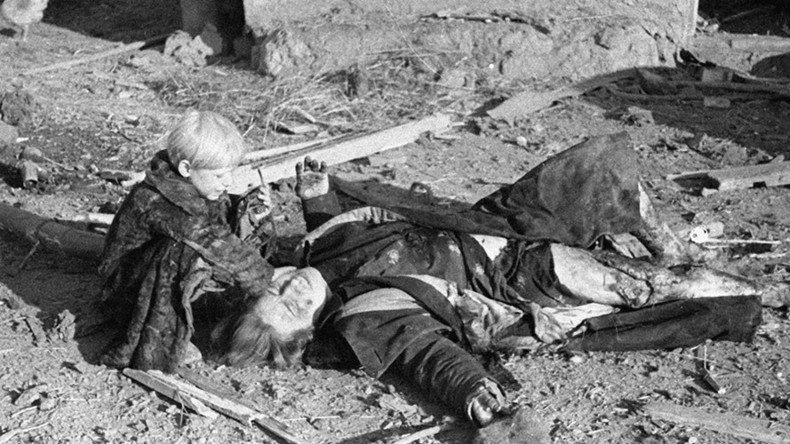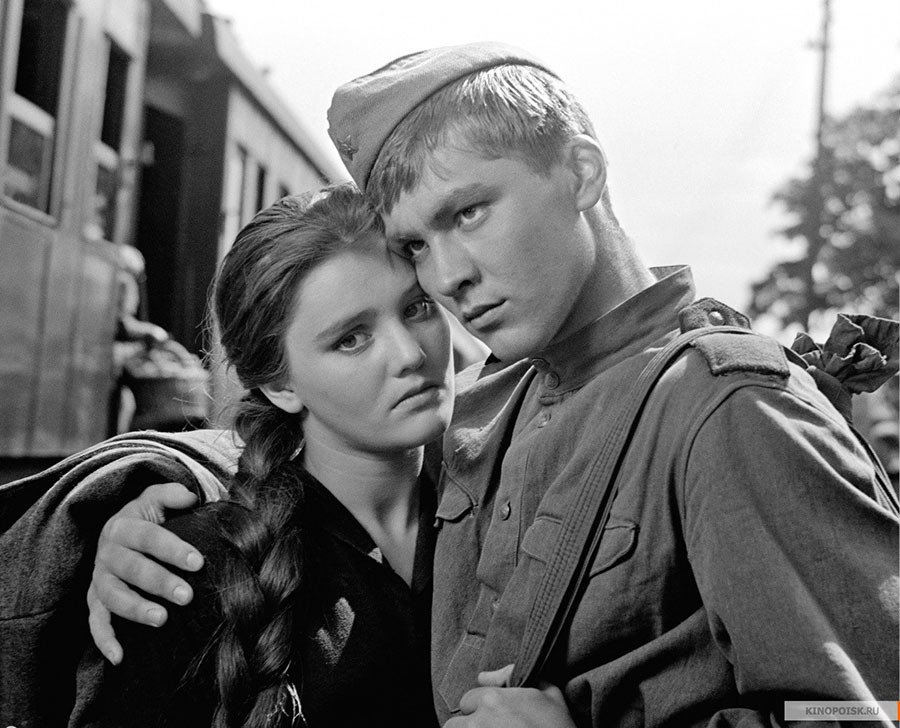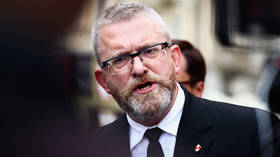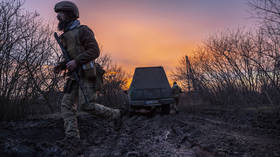V-Day: Ignore the neocons and remember the 27mn

May 9 is Victory Day – the day that Russia commemorates the tremendous sacrifice made by the people of the Soviet Union in the Great Patriotic War.
Many nationalities took part in the fight against the Nazis, but no single country shed anywhere near as much blood as the Soviet Union. Overall, 27 million Soviet citizens lost their lives in the war. Yes, that’s right: TWENTY-SEVEN MILLION. There’s no typo.
Yet today, for geopolitical reasons, the enormous contribution that the Soviet Union made to the defeat of Hitler’s forces is being deliberately – and shamefully – downplayed by elites in the west.
Western leaders boycott World War Two commemorative events held in Russia.
Anti-Russian neocon propagandists, whose voices dominate the media and whose books always get enthusiastic reviews and endorsements from fellow hawks, equate Nazi Germany – the clear aggressor in World War Two – with the Soviet Union, the country that was fighting for its survival and which only wanted to be left alone.
Hollywood meanwhile relentlessly pushes the line that it was the US – and the western allies alone – who won the war. Disgustingly, and quite scandalously, the deaths of 27 million people are being airbrushed out of history.
This pernicious and morally repugnant New Cold War revisionism regarding World War Two and the role of Russia/the Soviet Union is more pervasive now than it was in the days when the Soviet Union still existed. I remember growing up in Britain in the 1970s at a time when anti-Russian neocons weren’t writing the script.
The groundbreaking 26-episode 1973 Thames TV series “The World at War” told the story of WW2 in a very fair way and did not seek to diminish the Soviet contribution. In the final episode, the programme’s historical adviser, Noble Frankland – a director of the Imperial War Museum and decorated war veteran – dismissed the ludicrous assertion that after the war eastern European countries merely swapped one tyranny for another that was just as bad.
May 9th: I'm happy to remember that the USSR helped win WW2, as long as everybody remembers that the USSR helped start WW2 as well
— Anne Applebaum (@anneapplebaum) May 9, 2015
Today, we’re told by anti-Russia propagandists that the Soviet Union helped start WW2 on account of the August 1939 Nazi-Soviet non-aggression pact. But here’s the popular British historian AJP Taylor writing about said pact in his 1961 book, “The Origins of the Second World War”: “It is difficult to see what other course Soviet Russia could have followed… (The pact) warded off what they had most dreaded – a united capitalist attack on Russia.”
And of course in today’s neocon written narrative there is no mention that the Soviets had tried for years to get Britain and France to agree to an anti-Nazi pact – the one thing that could have prevented World War Two. Instead Britain and France caved in to Hitler at Munich.
AJP Taylor was left-wing, so you might have expected him to give the Soviet side of things a fair hearing. But even right-wing historians were keen to pay tribute to the Russian sacrifices in WW2.
In his 1995 foreword to his classic work, “Barbarossa,” the former Conservative minister and military historian Alan Clark wrote: “When I last wrote I expressed regret that the Russian people, whose heroism I chronicle in this book, should have been relegated to the role of our ritual adversary. Happily it does now seem that their qualities – patience, courage, inventiveness and romanticism – are fully liberated.”
Back in the day, we were also able to see classic Soviet films about World War Two on the BBC. My own favorite is the 1959 classic, Ballad of a Soldier, which my wife and I watch every year when V-Day comes around. It tells the story of a 19-year-old Russian signalman called Alyosha who is recommended for a medal after he shoots two German tanks in battle. In lieu of an award he asks if he could be given a short period of leave to return home to his village to see his mother and mend the leaking roof of their little house.

His commanding officer allows him four days to travel there across war-torn Russia – and two days at home. But the kind-hearted Alyosha is delayed when he helps a cripple he sees at the railway station…
There’s more insight into the human condition in five minutes of “Ballad of a Soldier” than there is in 500 minutes of the latest Hollywood blockbusters. I won‘t reveal the whole story in case you’ve never seen the film before, but I’ll say one thing: If you can get to the end of it without shedding a tear, you’re not a human being but an android. Or a neocon.
Sadly, extreme Russophobic views that would have been deemed beyond the pale 30 or 40 years ago have now become “mainstream” in the west. The determination to support anyone who is “anti-Russian” has even led to western elites siding with neo-Nazi extremists in places like Ukraine.
Last week on British television, an anti-Corbyn right-wing Labour MP even blamed the Soviet Union – and alleged Soviet sympathizers in the Labour Party – for an alleged rise in anti-Semitism within Labour. Yes, that’s right – a nation that lost 27 million people in the fight against the Nazis – whose Red Army liberated Auschwitz, and which was the first country in the world to give de jure recognition to the state of Israel – is deemed to be a cause of anti-Semitism in Britain in 2016. Unbelievably, the interviewer failed to challenge this outrageous and offensive suggestion.
We owe it to the people who lost their lives in the Great Patriotic War to fight back against this insidious campaign to rewrite history and deny Russia and the Soviet Union its proper dues.
Story of war told through children's voices: Soviet children's WWII diaries now in English https://t.co/TjsONZxL9apic.twitter.com/0LY8TGL77p
— RT (@RT_com) May 9, 2016
Follow Neil Clark on Twitter @NeilClark66
The statements, views and opinions expressed in this column are solely those of the author and do not necessarily represent those of RT.













